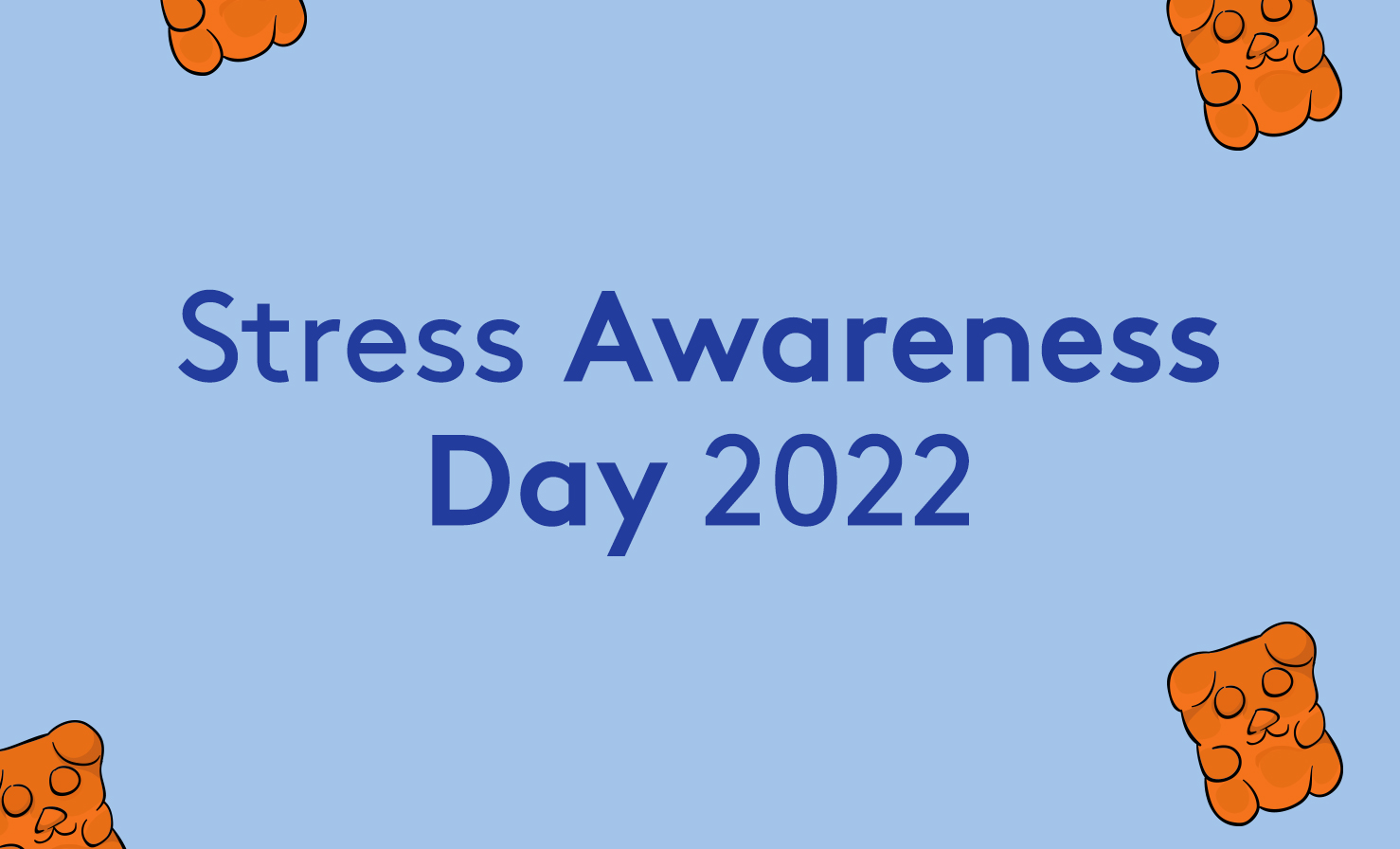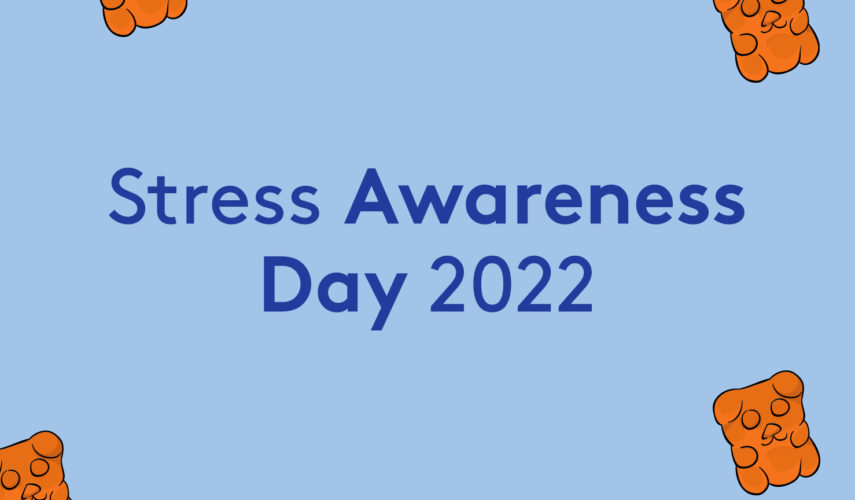Today is National Stress Awareness Day, 2022.
Stress is a perfectly natural human reaction. It’s our brain’s way of telling us we’re being confronted with a dangerous situation. Stress is not bad in itself; it can help you to take action, meet deadlines or get things done. Stress can become a problem if you begin to feel overwhelmed or that you can’t cope.
Stress is not a mental illness in itself. However too much stress can cause mental health problems. It’s important that we develop an awareness of how our own bodies perceive stress and begin to take the necessary steps to keep ourselves well. When we experience stress, some of our more unhelpful habits can be the source of the problem. When our regular routine is disturbed, it can be natural to turn to unhelpful habits to help us get through. It can be much better for us to use this time of disruption to form some new, improved habits for the future.
Connect with other humans!
We are sociable beings, and we need other people!
- Try talking rather than bottling things up
- Prioritise your important relationships
- Pick up the phone to someone you haven’t spoken to for ages.
Even listening to someone else’s problems can be a good distraction. People who do things for others often have better wellbeing.
Take time for yourself.
Think about what is important to you, the things that nurture you or give your life meaning. This might be hobbies, interests, mindfulness, having fun, doing something creative, spiritual or cultural. The list is endless.
If there isn’t enough of that in your life, perhaps you need to think about how that could change. Don’t lose sight of who you are in the pressure of getting on with your life!
Sometimes your good stress management techniques can get you through. Sometimes the challenges are too much and asking for help is the best thing you can do.
Why might stress lead to reductions in Omega-3s?
Human and animal research shows that severe stress caused by life-event triggers such as divorce, loss of a job, sleep deprivation, or social isolation increases oxidative stress (similar to the rusting that happens in pipes from oxidation). Oxidative stress can damage many different types of cells and substances in the body, including the omega-3 fatty acids.
As a result, the cells in the brain that contain higher amounts of DHA are more likely to become damaged. Notably, DHA-rich membranes are responsible for cellular communication in the brain, so if the DHA content embedded in the membranes get attacked, serotonin, dopamine, and other critical neurotransmitters involved in mood and brain function could become compromised.
The benefit of omega-3 fatty acids getting pushed into the blood is that it gives the body the additional energy it needs for fight or flight responses. However, the downside is that omega-3 fatty acids released from the body’s fat stores are more vulnerable to oxidative damage. In other words, by prioritizing its immediate needs for survival over its long-term needs for cellular health, this is the body’s way of saying “I don’t care about damaging and depleting my omega-3s – I need to use them for fuel when I feel threatened!”
So in short, the more stress that you have, the more your omega-3 stores may become depleted. And the more depleted your omega-3 stores become, the more acute-phase proteins your body produces, and the more activated your stress response becomes. Put even more simply; low omega-3 levels can lead to greater stress, which can lead to lower omega-3 levels (and so on, and so forth). Are you getting enough?
Our Fish-Free Omega-3 are not only made with natural colours, flavours, & zero animal products, but they provide you with a huge 80mg DHA per daily dose. Usually we would get Omega-3 from eating seafood, but this is riddled with problems. It’s full of chemical and metal contaminants. Did you know that Omega-3 is only found in fish because they directly or indirectly consume algae? That’s why we extract our Omega-3 straight from the source. Our marine algae oil is sustainably produced and carefully purified to give you all the great nutrients and none of the heavy metal contaminants.

